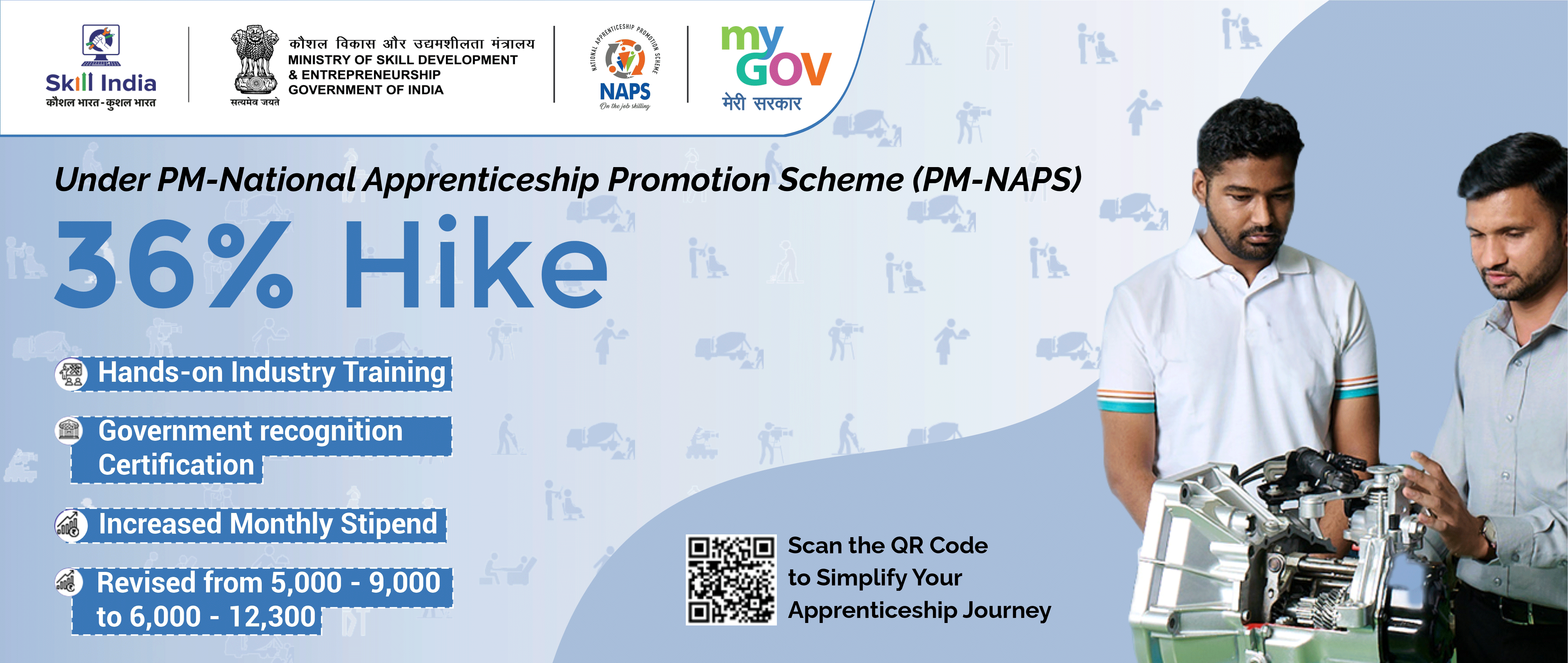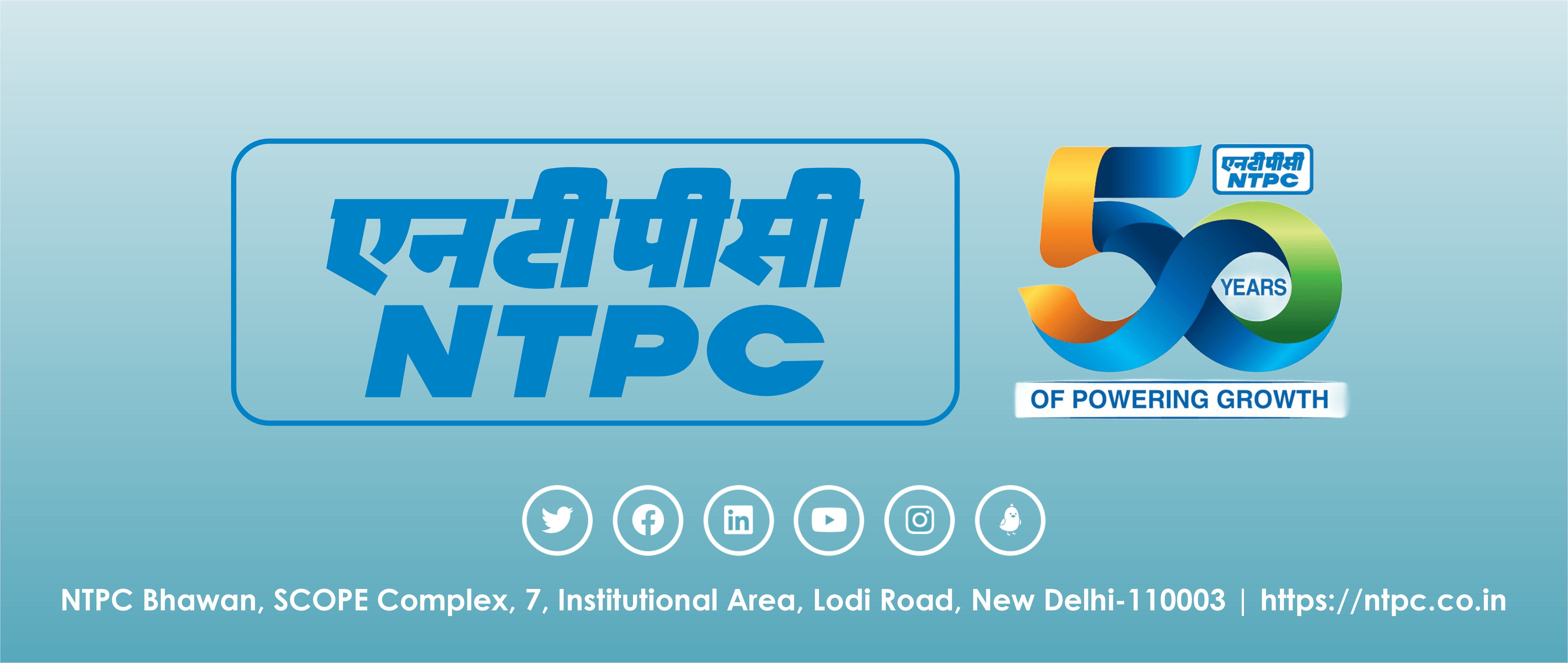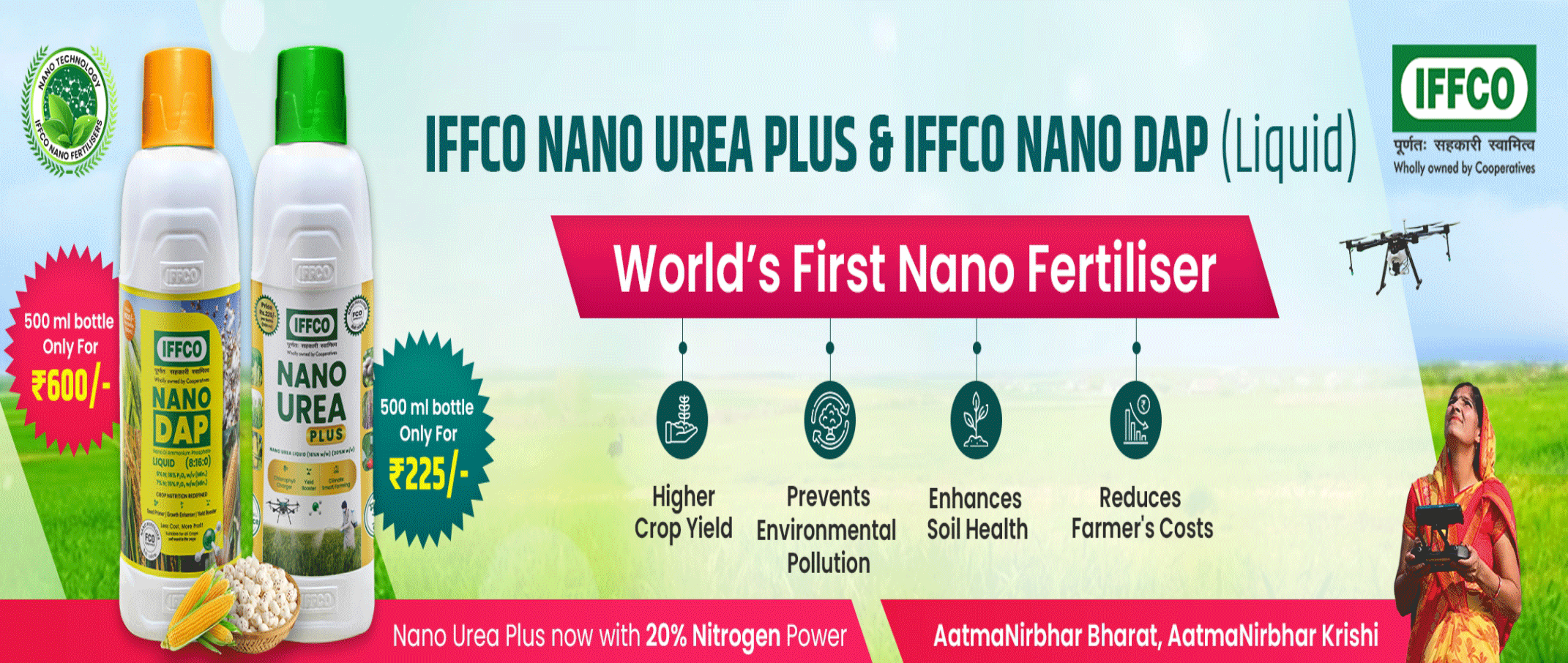TO RECIEVE EXCLUSIVE POSTS AND NEWS
TIDBITS
Inaugural Session of CS Day: All of PM's pet themes discussed
By IndianMandarins- 21 Apr 2016
313![]() The inaugural meeting (on 20 April, Wednesday) on the annual civil services discussed all of the PM's pet themes.
The Union Minister of State (Independent Charge) for Development of North Eastern Region (DoNER), MoS PMO, Personnel, Public Grievances & Pensions, Atomic Energy and Space, Dr. Jitendra Singh, chaired the session on On-Time Delivery of Public Services, the core of any Good Governance Initiative.
The discussion on this topic focused on the scale and complexity of delivering service in India. It called for creating accountability at all levels, use of technology to improve productivity and introducing sustainability measures in public services. Two examples of providing online citizen services in Karnataka and Maharashtra - 'Sakala' and 'Aaple Sarkar' respectively - were discussed in detail.
The Session on Swachh Bharat Gramin was chaired by MoS for Drinking Water & Sanitation Ram Kripal Yadav. Substantial impact of the programme and efforts towards the construction of more than 1.67 crore toilets and converting more than 50,000 villages as Open Defecation Free (ODF) were discussed. Community mobilization, close monitoring & tracking & sustainable waste management were identified as critical success factors towards efficient implementation of the programme.
Union Minister of State for Finance Jayant Sinha chaired the discussion on the Pradhan Mantri Jan Dhan Yojna (PMJDY). Efforts done towards financial inclusion along with way forward were discussed. People participation, use of technology, role of Bank Mitras and convergence of schemes were identified as critical success factors for implementation of the scheme. Improving financial literacy was stressed upon as way forward towards financial inclusion.
Minister of State for Information and Broadcasting Col. Rajyavardhan Rathore chaired the session on Vocational Training & Inspiring Youth for Sports. This discussion focused on the importance of imparting market relevant skills to youth, imparting vocational training in particular. There is a huge demand-supply gap in terms of skills needed in industry and availability of trained youth. There are huge capacity constraints in achieving the target of skilling 4 crore people by 2022. It also emerged that public-private partnership models yield best results in placing students in steady jobs. Training is provided by private foundations and infrastructure by government. Tribal youth in Gadhchiroli and Chhattisgarh have benefited immensely from vocational training initiatives.
The discussion on "Canal Top Solar & Rejuvenation of Water Bodies" focused on achieving sustainable growth through reduced dependence on exhaustible resources. Power and water were identified as key ingredients to achieving such growth. Innovations such as canal-top solar plant which reduce dependence on land for solar power and save canal water from evaporation were discussed at length. More of such innovations are needed to achieve the target of 100 GW by 2022. Rejuvenation of water bodies to ensure availability of water for irrigation was also discussed.
During the session on Soil Health Card, the potential of the scheme for increasing the farmers' income and issues related to infrastructure support, process improvement, technology use & increasing people's participation were discussed in detail. Changing of Conventional agriculture towards a future state of data-rich precision agriculture was discussed as a way forward.
Secretaries to the Government of India, Principal Secretaries of various States, senior officers from various Mini
The inaugural meeting (on 20 April, Wednesday) on the annual civil services discussed all of the PM's pet themes.
The Union Minister of State (Independent Charge) for Development of North Eastern Region (DoNER), MoS PMO, Personnel, Public Grievances & Pensions, Atomic Energy and Space, Dr. Jitendra Singh, chaired the session on On-Time Delivery of Public Services, the core of any Good Governance Initiative.
The discussion on this topic focused on the scale and complexity of delivering service in India. It called for creating accountability at all levels, use of technology to improve productivity and introducing sustainability measures in public services. Two examples of providing online citizen services in Karnataka and Maharashtra - 'Sakala' and 'Aaple Sarkar' respectively - were discussed in detail.
The Session on Swachh Bharat Gramin was chaired by MoS for Drinking Water & Sanitation Ram Kripal Yadav. Substantial impact of the programme and efforts towards the construction of more than 1.67 crore toilets and converting more than 50,000 villages as Open Defecation Free (ODF) were discussed. Community mobilization, close monitoring & tracking & sustainable waste management were identified as critical success factors towards efficient implementation of the programme.
Union Minister of State for Finance Jayant Sinha chaired the discussion on the Pradhan Mantri Jan Dhan Yojna (PMJDY). Efforts done towards financial inclusion along with way forward were discussed. People participation, use of technology, role of Bank Mitras and convergence of schemes were identified as critical success factors for implementation of the scheme. Improving financial literacy was stressed upon as way forward towards financial inclusion.
Minister of State for Information and Broadcasting Col. Rajyavardhan Rathore chaired the session on Vocational Training & Inspiring Youth for Sports. This discussion focused on the importance of imparting market relevant skills to youth, imparting vocational training in particular. There is a huge demand-supply gap in terms of skills needed in industry and availability of trained youth. There are huge capacity constraints in achieving the target of skilling 4 crore people by 2022. It also emerged that public-private partnership models yield best results in placing students in steady jobs. Training is provided by private foundations and infrastructure by government. Tribal youth in Gadhchiroli and Chhattisgarh have benefited immensely from vocational training initiatives.
The discussion on "Canal Top Solar & Rejuvenation of Water Bodies" focused on achieving sustainable growth through reduced dependence on exhaustible resources. Power and water were identified as key ingredients to achieving such growth. Innovations such as canal-top solar plant which reduce dependence on land for solar power and save canal water from evaporation were discussed at length. More of such innovations are needed to achieve the target of 100 GW by 2022. Rejuvenation of water bodies to ensure availability of water for irrigation was also discussed.
During the session on Soil Health Card, the potential of the scheme for increasing the farmers' income and issues related to infrastructure support, process improvement, technology use & increasing people's participation were discussed in detail. Changing of Conventional agriculture towards a future state of data-rich precision agriculture was discussed as a way forward.
Secretaries to the Government of India, Principal Secretaries of various States, senior officers from various Mini























